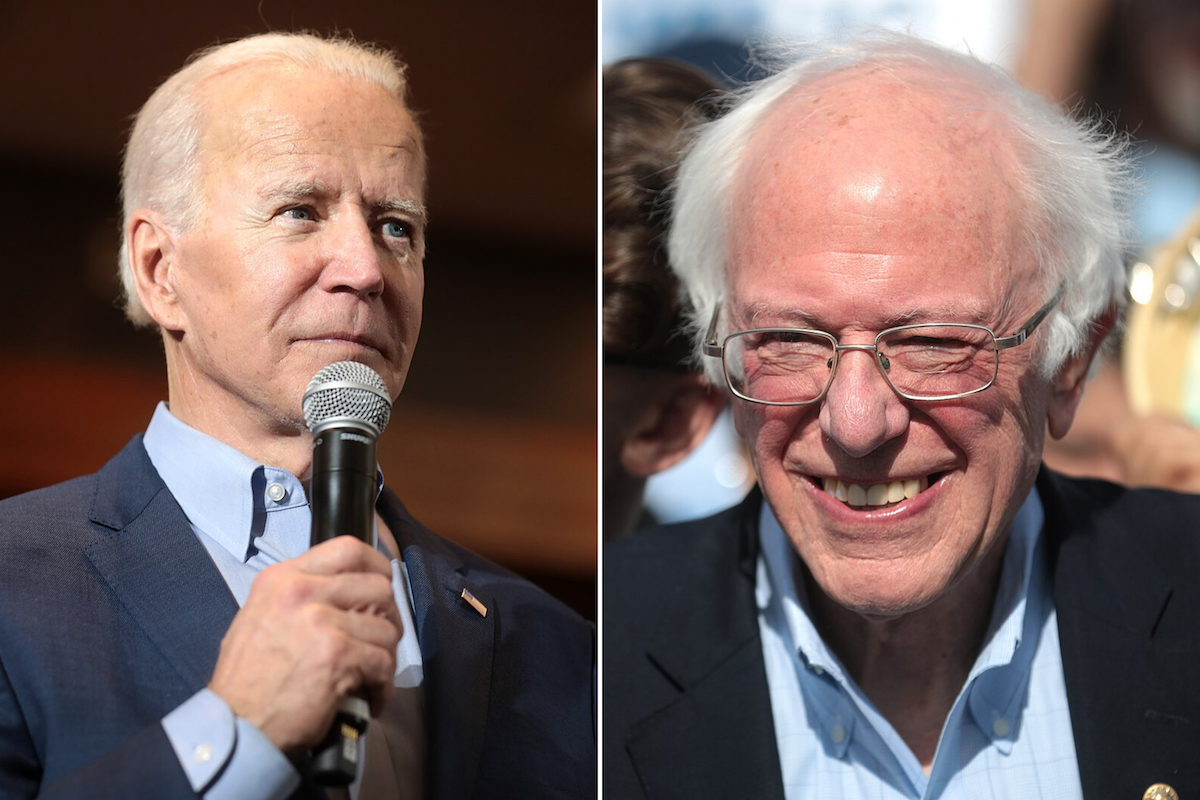Every debate cycle has its signature question or statement designed to unsettle an aspect of American identity. In the 2020 presidential cycle, “Should billionaires exist?” is the question. It triggers a core aspect of American identity, rooted in American individual and exceptionalism—should we be allowed to reap the rewards of our own efforts? We now have two Democratic candidates resting safely on each side of that question. While it may be satisfying to hear their answers for the folks most deeply immersed in the issues, it does nothing for a broader American population to understand the debate we are in the middle of.
My own work is to advance proportional representation of Black and Latinx people at all levels of the tech sector. In the course of placing young people in some of the top technology companies in the country, I have heard, “We only hire the most qualified candidate,” “We need things to be a meritocracy,” “We can’t lower the bar.“ These are codes, to justify why the industry is 6.8% Black and Latinx when they are yearly 20% of the computer science talent graduating from universities.
These tropes are bedrock Americanisms. We work for what we get. Hard work is rewarded. We are good and getting better. We would never let the unqualified take a qualified person’s job.
However, in an America where your race, gender, sexuality, citizenship, ability, and/or class have had a large role in your prosperity, these are not truisms but false narratives about who we are and how we have designed our systems to function.
The infamous bar we are terrified of lowering for candidates of color is in reality raised and lowered at will. Those who are “meritorious” are in fact those who benefit from biased talent searches, which regularly “turn up” white men—often upper-middle-class to wealthy ones as the best in class.
It’s in this vein that the question of billionaires’ acquiesces to these Americanisms again. The question doesn’t educate our communities about the beliefs of a candidate. It is designed for the audience to question its affinity to these Americanisms and each candidates affinity to them. Are you for American culture, or against?
What we really should be asking of our remaining two candidates is whether they believe billionaires have had an avid hand in shaping our systems. If they do, do they believe that has been for the betterment of, or at the cost of, American workers? American discourse from left to right assumes the wealthy are really smart. Some even believe that the wealthy can apply their “smarts” to “fixing” government. But would these efforts shape our economy for the greater good or for their individual benefit and do our candidates have a point of view on that?
From government-funded services to what regulations can support the raising of all boats, billionaires have had a lot to say for the last 40 years—the question is, have they been so effective for so many of us that we continue to listen?
Sitting in Silicon Valley during the Covid19 crisis has been deeply educational. For weeks, I’ve watched middle-class, upper-middle-class, and wealthy folks stockpile basic goods. These innovators and shapers of world-wide destiny have in a crisis decided the best use of their time is buying pallets of hand sanitizer and toilet paper, leaving the most vulnerable families to figure out where they can get basic goods and at what early time of the morning do they need to hit stores to ensure they are able to. The relationship between these actions and 44% of Americans making an average of $18k per year is stronger than we often want to admit.
Addressing America’s structural economic inequalities requires that we reject the premise of problematic and inaccurate framing that we have inherited over the decades. The level of brokenness we are confronting goes beyond deal-making and has shaped everyday culture and language. This is about how we show up for each other across lines of difference and the language we use to ensure those relationships stay the same to the benefit of very few.
We shouldn’t limit how successful someone can be, but we should build an infrastructure that levels the playing field for everyone to achieve that success. This week we are watching as our infrastructure is ineffective in a diverse and globalized world. It’s not just that the systems are breaking down around us, it’s that they were not built for the world we live in. To prepare a country for that very complex set of conditions, the question that shapes this campaign cannot be a simplistic Americanism that centers billionaires, yet again.
***
Karla Monterroso is the CEO of Code 2040. She tweets from @karlitaliliana.



